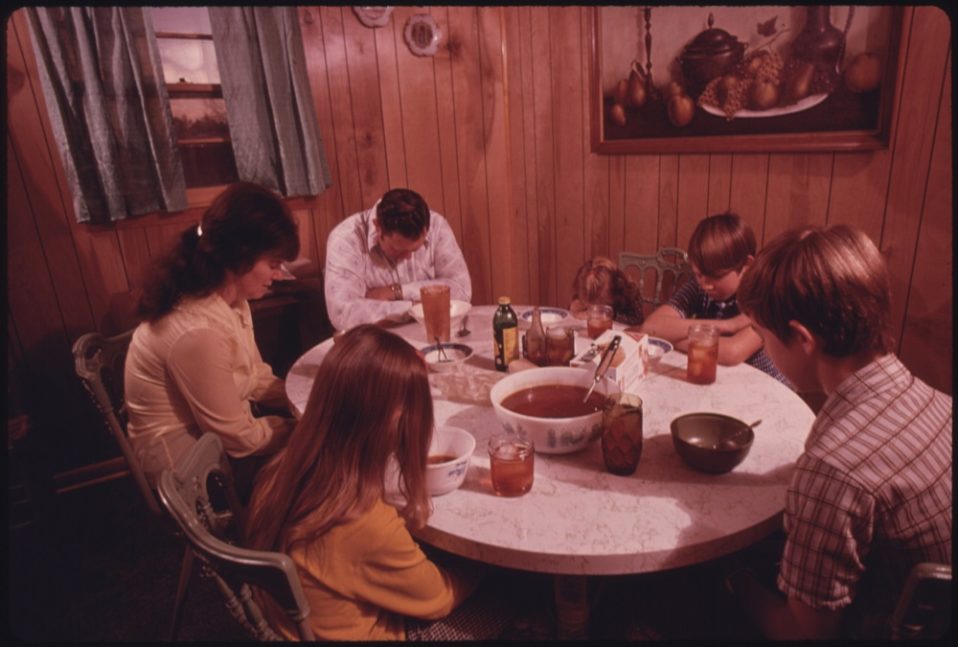“What is this life if, full of care
we have no time to stand and stare” …. W H Davies
It’s quite an insidious thing.
Usually, most of us do not realize when it gains speed and we are panting and trying to keep pace with it.
You know what I am talking about ! It’s the social ‘treadmill’, which encompasses all the social interactions we have within or outside our work.
The other day, a dietician was informing me how sugar is ‘hidden’ in most of the food we eat (not home cooked), and how this malaise is accelerating health issues in the populace.
I could not help draw a parallel with the silent and hidden war of ‘social engagements’to which we are losing every day.
Firstly, the onslaught of Facebook, Watsapp , Linkedin, multiple emails, and many more tech apps, which is like a barrage of bullets being fired at us 24×7. Most of us refuse to run for cover (switch off our gadgets). Rather we fire back, our fingers racing on the key pad, eyes focused in concentration and body slouched, like a cowboy firing from his hip.
However important our work might be, the gadget beckons with a muted sound, and we reach for it like a drugged zombie, to take our next hit of ‘social high’ and revel in the kick, before shifting back reluctantly to the ‘important’ work. Our minds surf on the rushing wave of information in comments, jokes, videos, pictures… gleefully consuming and sharing.
Talking of sharing, the lines are truly blurring between real sharing and the electronic sharing, which we do multiple times in a day, getting a vicarious sense of fulfillment as we click a video or message out to thousands of people, in remote locations.
Secondly, the opportunity to meet and engage with diverse people. The easy connectivity on social media has opened endless opportunities to connect with strangers, form groups of common interest and meet up with people.
So, on weekends ( or even weekdays now) we could be in a ‘running’ group ( or cycling or swimming) in the morning, followed by a ‘book reading’ group for breakfast, college mates for lunch , and finally a ‘neighbourly’ friends group for dinner. Slowly, interactions have extrapolated to the extent that events overlap, invites come in a deluge and if allowed, we could be running from one engagement to another.
This does not include the ‘professional’ engagements, ranging from invites for conferences, events, webinars, and meetings, which could be attended in person or even at the click of a button on our gadgets.
And then there is the commitment to contribute to society, where again there is a menu of groups or initiatives we could join and spend our time.
Of course, how do we say no to an invite or an opportunity ? So, we accept invites, confirm meetings and find our time ( specially over weekends) evaporating like the dew on a sunny morning. Before we can recover from the vagaries of the week’s work, we find ourselves waking up to the next Monday.
Once a colleague of mine confessed that his weekends were more hectic than his workdays, and he looked forward to the quiet moments in his office, when he could snatch a few moments of relaxation and reflection.
This tendency to hold on to our social groups and inclination to join more could be attributed to the mentality of “loss aversion”.The perceived ‘loss’ is much higher than the gain of personal time.
In ‘Predictably Irrational’, Dan Ariely has described the human tendency of ‘keeping doors open’, where we do not like to say a clear no to opportunities or options and try to run with all of them.
So how have we been managing this ‘social’ tsunami?
Most of us have learnt the art of having multiple conversations. We talk with people while silently engaging in ‘electronic conversations’ on our gadgets, shifting our attention from one to another artfully.
We continually work on squeezing social engagements into shorter time schedules, rushing from one to another. It’s common to meet someone at a party or social meeting, who has come over from another one or going off to a subsequent social engagement.
A few weeks back, I had to remove the Facebook app from my mobile phone as there was no memory space left on it. A few days later, I realized I was not missing it at all. A rough calculation showed me that I was saving atleast a couple of hours everyday. Of course, I have not disconnected from Facebook ( I still browse it briefly once a week), but I am still alive.
Aristotle famously said “man is a social animal”… but while indulging in the addiction of ‘social engagements’, seems the modern man/woman is losing the precious habit of self-contemplation and quietude which nourishes us to go back and engage productively with the world.
I sometimes forsee a world where face to face engagements are extinct and everyone is ‘connected’ all the time. We would meet everyone ( including neighbors or co workers) on the ‘cloud’.
Whether that happens or not, time will tell, but the need to spend time with oneselfwould be equally important even in the distant future.
The solutions to this ‘problem’ are commonsensical, and in my limited understanding, what may work is :
- Make your hand phone your friend : Minimize the social apps and games on your mobile phone. You can connect/update on your laptop, when you are free. Remove all alerts. If someone wants to really connect, they will call you
- Prioritize your social engagements : Say ‘No’ to some of the social engagements, especially, if you do not expect any productive one-to-one conversations or meeting someone new. Deeper one to one conversations are much more healing and productive.
- Develop a hobby where you create or engage actively in something. Could be anything from social work, collecting stamps, researching a topic, playing a game, writing a post etc.
- Exercise alone : Having groups are a great motivation to start a good habit of exercising. We may need a support group in the beginning, but once we have established the habit, exercising is a great way to relax the mind, specially if done alone. Thich Nhat Hanh has expounded on ‘walking meditation’ as a powerful mind relaxation.
- Meditate : Generally, spend time with yourself. May be just for 15 minutes. Breathe deeply and watch your mind.
W H Davies wrote the poem ‘Leisure’ (the first two lines are at the beginning of the post) in 1911, when they did not even have phones or telegraph. Obviously, the mind has always had a strong urge to shun solitude or the ‘present moment’ and seeks to engage in endless pursuits, losing itself in the past or an imagined future.
Most of technology seems to serve this purpose, deepening our continual engagement in complex and myriad social structures.
Will this trend ever reverse or recklessly hurtle forward to total ‘self oblivion’ in the future?
Any thoughts or feedback are welcome !





Post a comment